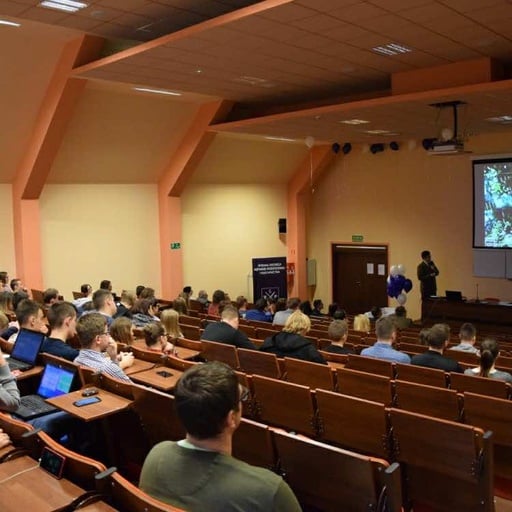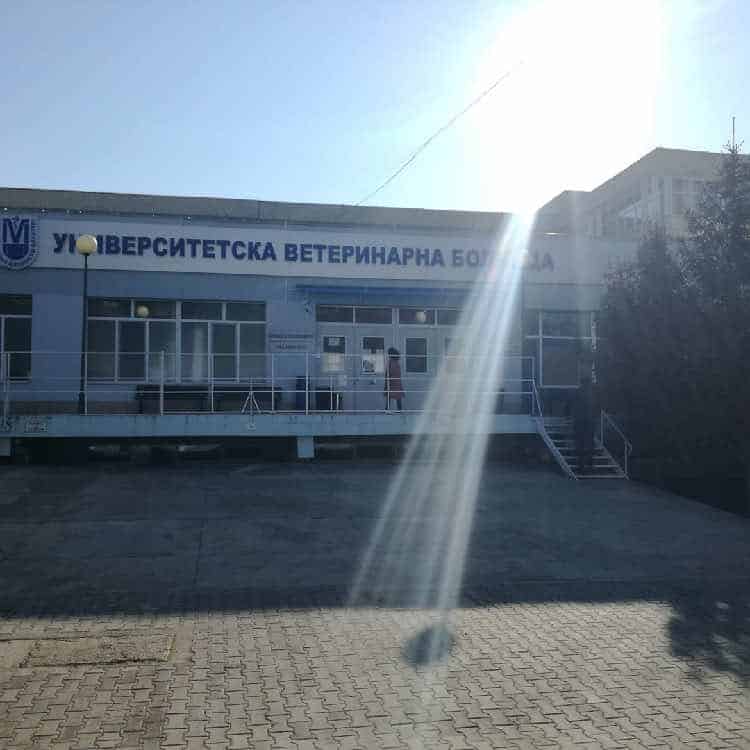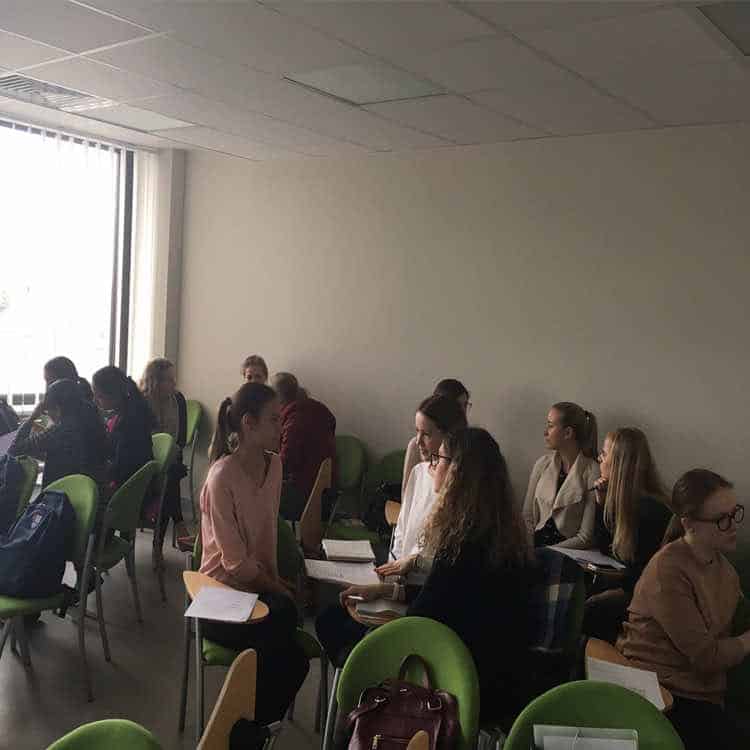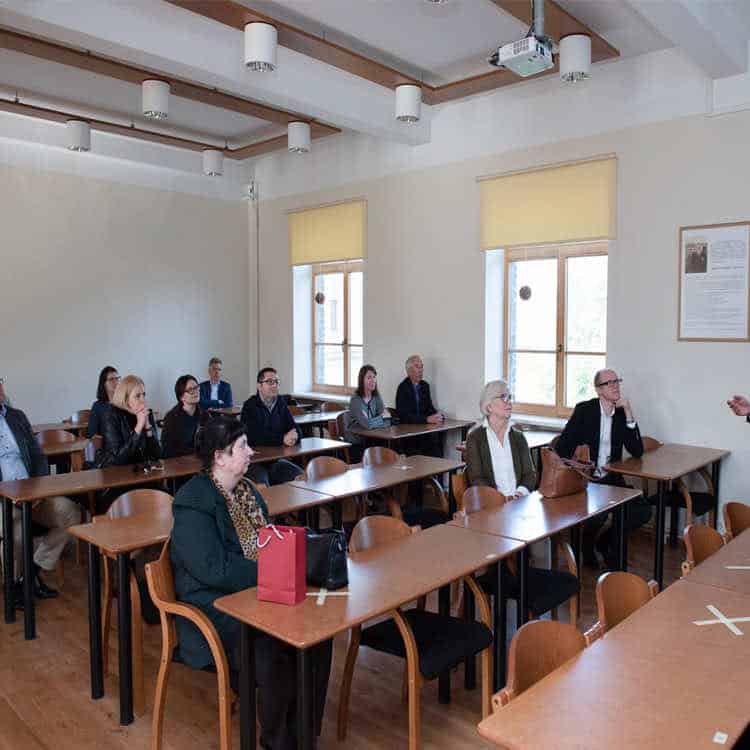Veterinary Medicine
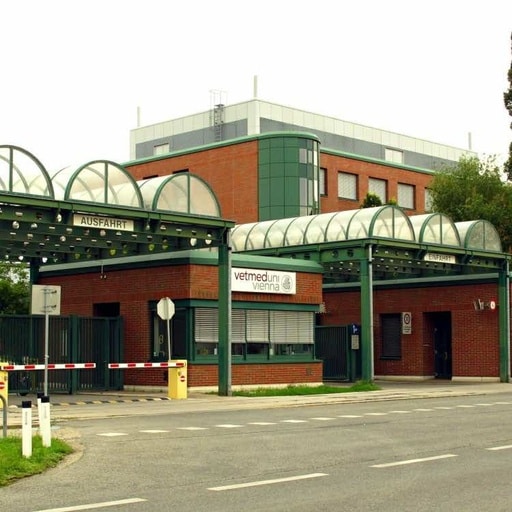
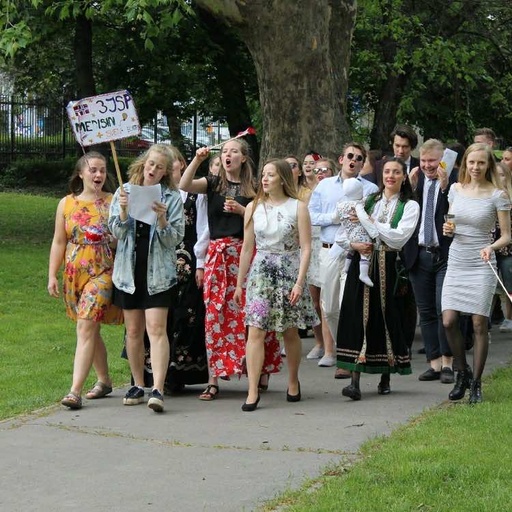
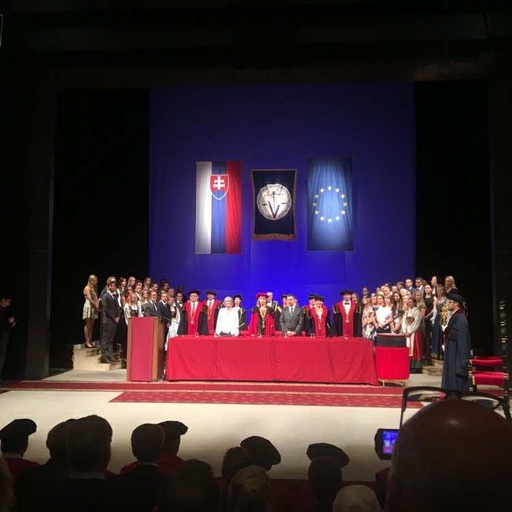

Tuition

Duration

Admissions Deadline

Location
Profile
In the first years of study in theoretical and preclinical disciplines the student acquires knowledge of the biological laws of living nature in relation to veterinary medicine, he learns about the issues of living matter in broader contexts with respect to the ecosystem and their mutual interaction. The aim of this study is the knowledge of biochemical processes in complex with physiology of organs and systems of microorganisms and macroorganisms with differences in individual animal species.
For medical work he draws knowledge mainly from the fields of anatomy, histology, nutrition and dietetics, physiology and pathological physiology, as well as pharmacology, toxicology, laboratory and clinical diagnostics. For application in practice serves theoretical and practical training in vocational subjects in the veterinary and therapeutic fields, but particularly preventive sphere, with a focus on environmental protection, ecology and production of safe and healthy food and products of animal origin.
Graduate is ready to deal with wasteless technologies, the options of harmless disposal of waste, or their further use.
Priority of the study is theoretical and practical training in specialized clinical subjects following different animal species from the aspect of internal, infectious, invasive and toxic diseases, metabolism disorders and organism damage by radiation and other adverse environmental influences.
During his studies, graduate acquires knowledge of diseases common for humans and animals, thus contributing to the protection of human health and the reduced occurrence of zoonoses in the human population.
Part of the study is the teaching of food hygiene subjects, which enables the graduate to supervise the hygiene of food production and supervise the protection of state borders from the veterinary and hygienic aspect.
Admissions Requirements
Secondary school Diploma and Written entrance examination from subjects Biology and Chemistry.
Map
Sorry, no records were found. Please adjust your search criteria and try again.
Sorry, unable to load the Maps API.
Related Programs
Additional Information
- Combined Degree
Considerations
- Not Required



